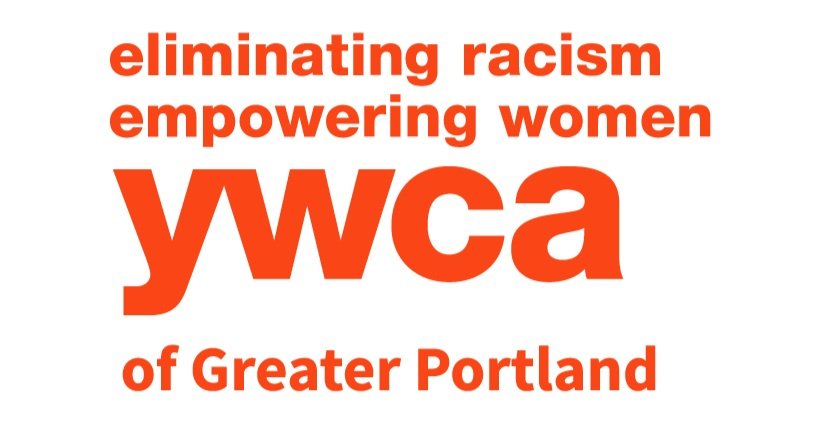Sexual Assault Awareness Month
April is Sexual Assault Awareness Month (SAAM), a nationwide effort to raise awareness of sexual assault and to educate our communities on prevention and support for survivors.
Every 68 seconds a sexual assault occurs in America.
More than 1 in 3 women and 1 in 4 men will experience rape, physical violence, and stalking.
Trans people, particularly trans women of color, experience harrassment and sexual violence at significantly higher rates than the population overall.
Indigenous Women are twice as likely to be raped than Anglo-American white women.
Sexual assault is the most committed and least reported of all violent crimes.
What is Sexual Assault?
Sexual assault refers to sexual contact or behavior that occurs without explicit consent. It has many names like: sexual abuse, sexual violence, rape, indecent behavior, touching, and sexual harassment including online sexual harrassment.
How YWCA Supports Survivors
Through our Survivor Services program, we support survivors of domestic violence and sexual violence to achieve personal safety, self-sufficiency, and a renewed sense of hope. We offer short-term and long-term support to survivors and their kids, including housing, therapy, and other wraparound services. We are also part of the Multnomah County Sexual Assault Advisory Committee to advocate for survivors in our community.
Resources for Survivors
If you or someone you know has experienced sexual violence, here are some local resources:
For people in immediate crisis, contact Call to Safety at (503) 235-5333
To speak with a counselor, contact Oregon’s Sexual Assault Resource Center at (503) 626-9100 x231
For free legal services, contact Oregon Crime Victims Law Center.
Oregon Protects Survivors Employment Rights
Under Oregon law ORS 659A.280 to 659A.290 employers are required to provide reasonable safety accommodations to workers who are survivors of domestic and sexual violence and stalking. These protections include guaranteeing the survivor’s right to take leave in order to seek legal and medical assistance for themselves and their children and to relocate to ensure their health and the health of their children.
How to Support a Survivor
Believe survivors and thank them for telling you. The impact of sexual violence is severe and long-lasting. By changing how you respond in the moments right after a person tells you about their sexual violence experience, you can assist survivors on their journey toward justice and healing.
Showing up for Teen and Young Adult Survivors
Tuesday, May 2nd, 2023, 5pm-7pm PST
Online via ZoomCourse Description: Remember what was most important to you as a teen or young adult? Through a voluntary group role play, we will try to set the stage for understanding youth between the ages of 16 age 24, who statistically experience the highest rate of intimate partner violence. Why do youth stay in abusive relationships? In addition to the numerous barriers adults face, there are a myriad number of reasons unique to their age group; peer pressure, distrust of adults, conflicting emotions and more. We will explore how best to support and safety plan with teens and young adults while helping to maintain their confidence and trust.
Register at the link below!
Intimate Partner Sexual Violence
Thursday, May 4th, 2023, 10am -12pm PST
Online via ZoomCourse Description: Intimate partner sexual violence (IPSV), sometimes known as sexual assault in the context of domestic violence, is a pervasive and often hidden problem. IPSV creates a highly dangerous situation and is associated with increased risk of death, severe long-term trauma for victims, and repeated victimization. In this workshop we will describe the nature and prevalence of IPSV. The dynamics and impact of IPSV and the specific challenges faced by survivors will be identified. And we will investigate the use of sex as a weapon of power and control and strategies for supporting and providing services for survivors.
